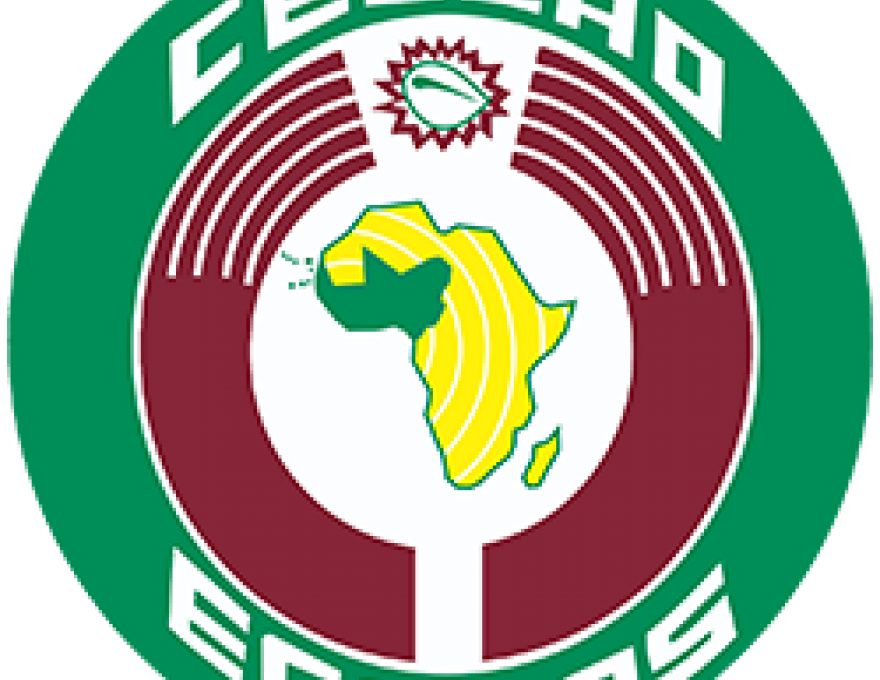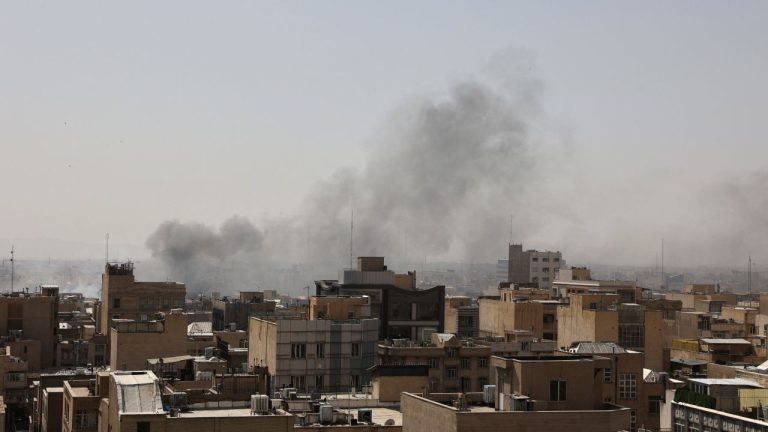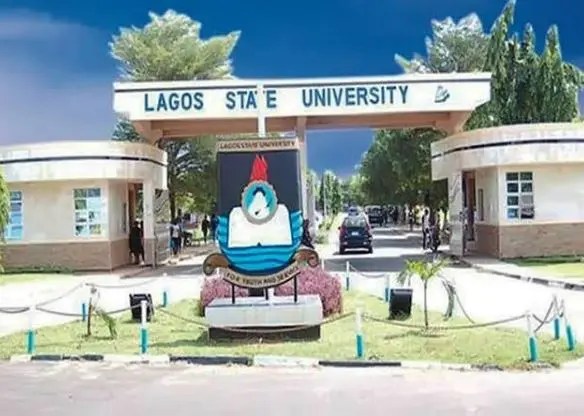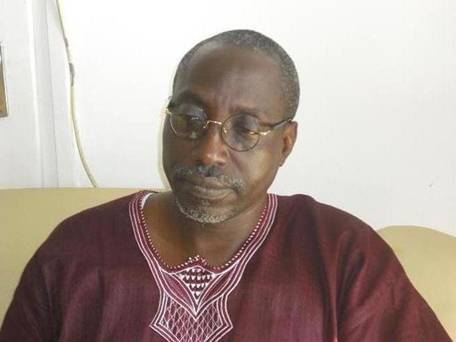
ECOWAS SOUNDS ALARM: NIGERIA’S DEMOCRATIC CRISIS THREATENS WEST AFRICA’S STABILITY

GREATRIBUNETVNEWS–TGE Economic Community of West African States (ECOWAS) has warned that Nigeria’s democratic challenges could have far-reaching consequences for the entire West African region. Here are the key issues:
– Democratic Strain: ECOWAS Commission President Omar Touray emphasized that democracy in West Africa is under severe strain, with Nigeria being a critical concern.
– Regional Impact: “If democracy falters in Nigeria, democracy will collapse everywhere else in the entire West African region,” Touray warned.
– Presidential Tenure: The standard four-year presidential tenure is deemed insufficient for meaningful development and democratic consolidation.
– Challenges to Democracy : Unconstitutional changes of government, judicial manipulation, and exclusion of opposition parties threaten regional democracy.
– Global Tensions : Fake news, AI manipulation, terrorism, and violent extremism exacerbate West Africa’s democratic challenges.
– Regional Partnership for Democracy: Launched to address democratic decline, this initiative aims to promote African-grounded democracy and good governance.
– Call to Action : ECOWAS urges West African countries to prioritize democratic consolidation, citizen participation, and accountable governance.
The initiative aims to strengthen electoral bodies, establish early-warning systems for unconstitutional transitions, enhance youth engagement, counter disinformation and promote long-term political stability.
He also warned about the spread of misinformation, referencing the global “post-truth era” and arguing that “even the media helps sustain an echo chamber of ignorance.”
The UNDP described the initiative as a sign of African-led democratic renewal. Its Resident Representative, Elsie Attafuah, praised Nigeria for spearheading the effort, calling the partnership “a compact of values.”
“It is African-led, regionally anchored and globally significant, grounded in our belief that the answers to Africa’s deepest challenges lie within Africa itself,” she said.
Attafuah outlined four pillars of the programme: strengthening institutions and public accountability; ensuring inclusive participation, especially for women, youth, and persons with disabilities; promoting credible elections; and fostering regional cooperation.
She said the initiative draws on the region’s democratic milestones and aims to “scale what is working, deepen institutional reforms, and accelerate a continental pathway where democracy becomes not only an aspiration, but a lived reality.”
She committed the UNDP to supporting implementation across the region, adding that “the regional partnership for democracy will be implemented not from Abuja alone, but across West African capitals, institutions, and communities.”
Over the past decade, West Africa has faced mounting democratic setbacks, marked by a resurgence of military coups and prolonged political crises.
Since 2020, Mali, Guinea, Burkina Faso, and Niger have each undergone military coups that removed their elected governments. In response, ECOWAS imposed sanctions, suspended these states from its institutions, and pursued diplomatic efforts aimed at restoring constitutional rule and negotiating transition timelines.
These disruptions have occurred alongside concerns about electoral credibility, term-limit manipulation and shrinking civic space, contributing to what regional observers describe as the most severe democratic recession in West Africa since the early 1990s.
At the same time, West Africa has become a major theatre for violent extremism and armed insurgencies, particularly in the Sahel, where groups affiliated with al-Qaeda and ISIS have expanded their reach.
Credit: punchng.com




